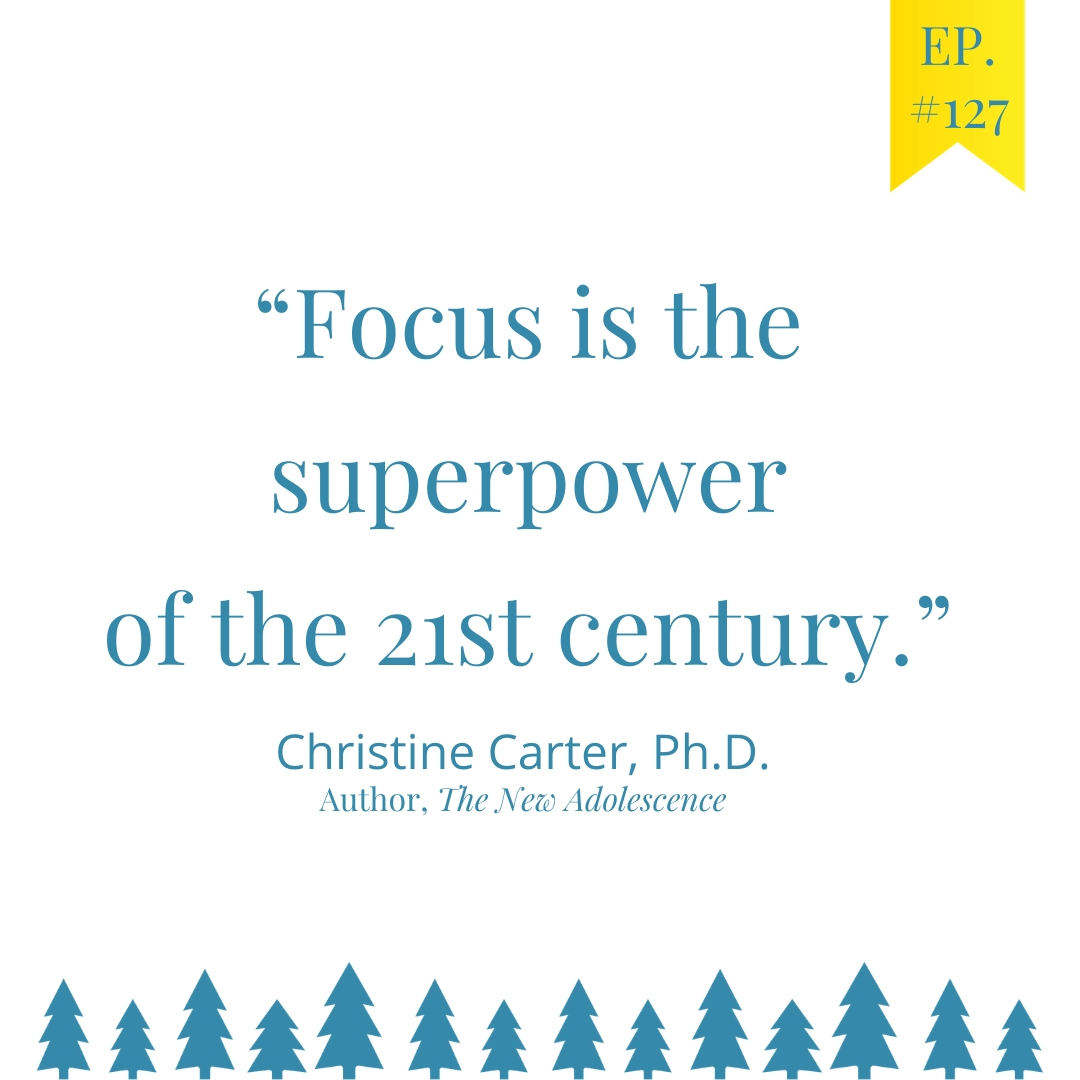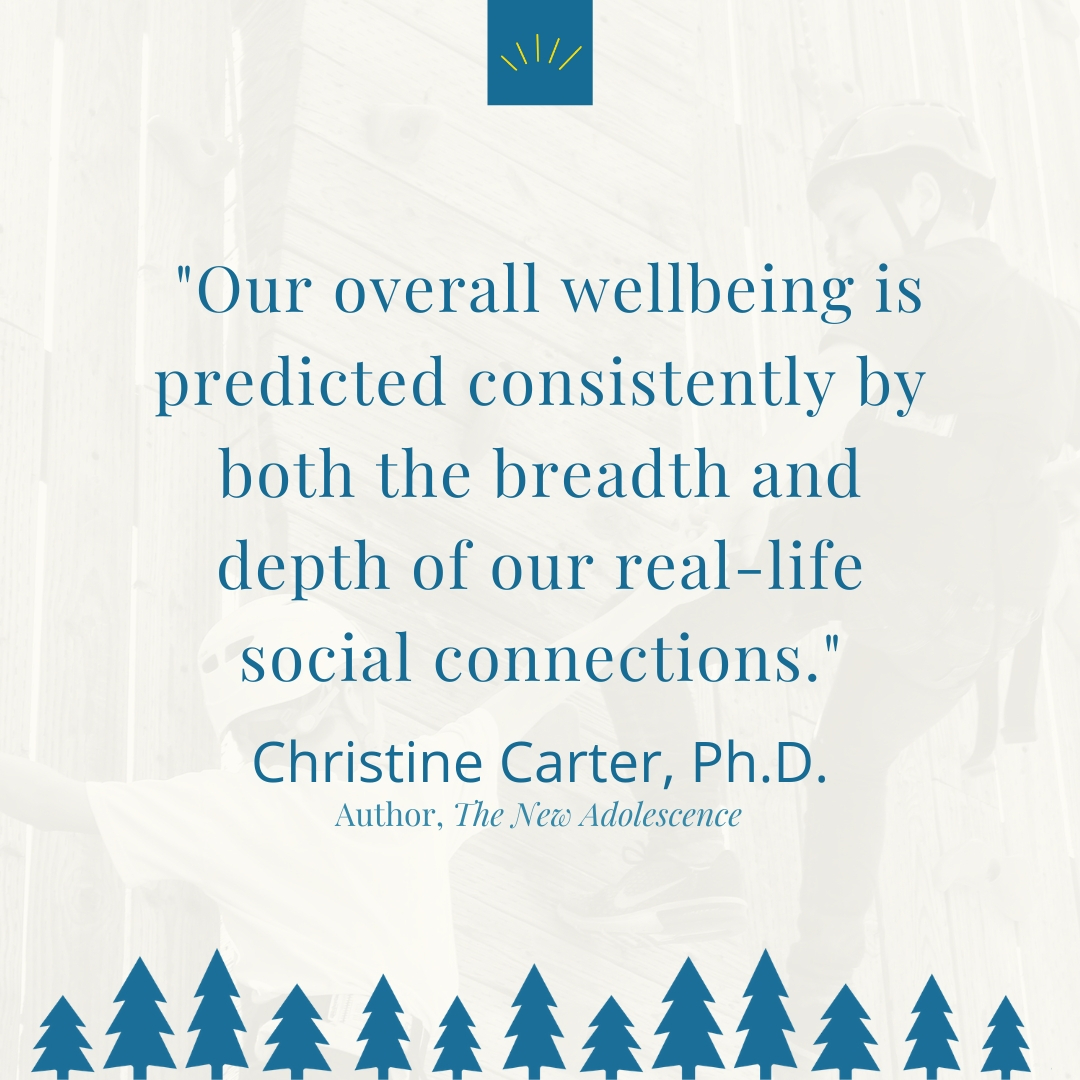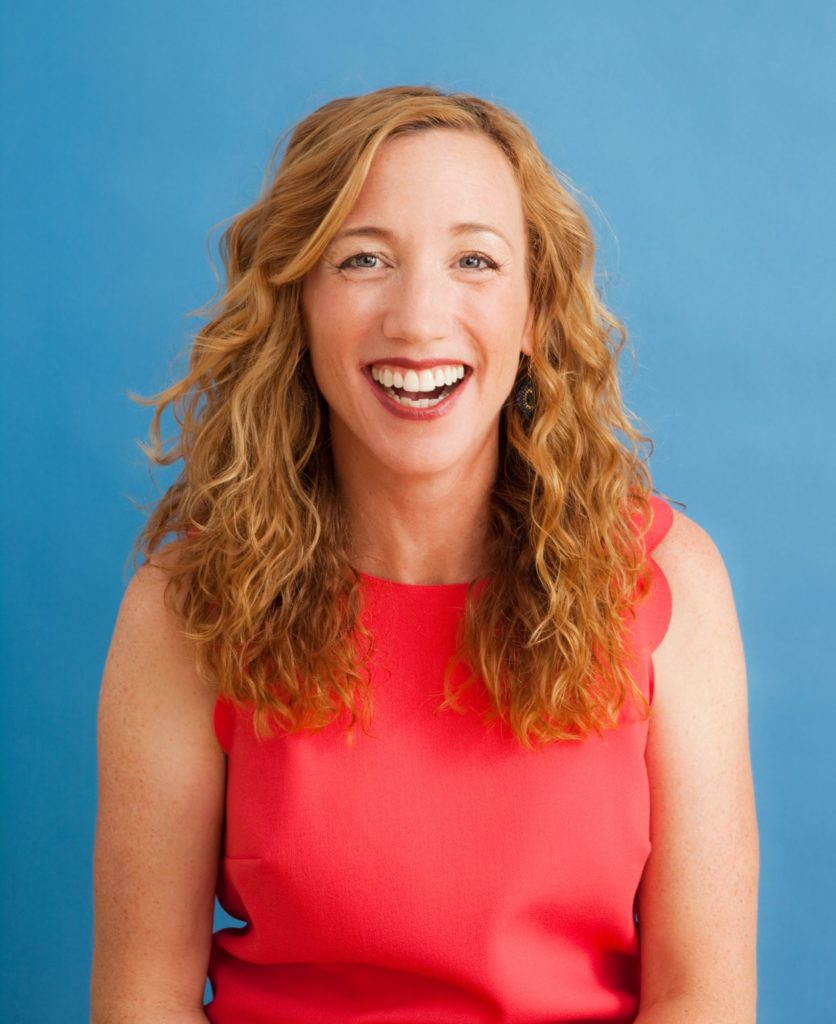[ENCORE] Ep. 127: The New Adolescence with Christine Carter, Ph.D.
Release Date: 03/14/2022
![EP. 188 [Tough Twenties] Series Wrap Up with Gretchen (age 30) & Owen (age 20) show art](https://assets.libsyn.com/content/165814173?height=50&width=50) EP. 188 [Tough Twenties] Series Wrap Up with Gretchen (age 30) & Owen (age 20)
EP. 188 [Tough Twenties] Series Wrap Up with Gretchen (age 30) & Owen (age 20)
Sunshine Parenting
In the final episode of the , Gretchen (age 30), Owen (age 20), and I have a conversation about building identity capital in your twenties and how various experiences, whether professional or personal, shape our stories and can influence future opportunities. Owen shares his experience as a beach lifeguard, which, although unrelated to his planned career path, provided him with valuable life skills and discipline. Gretchen, nearing the end of her doctoral program, discusses how her camp counseling experience has been instrumental in her teaching career and her current research. We also...
info_outline![EP. 187: [Tough Twenties] The Defining Decade - Meg Jay, PhD show art](https://assets.libsyn.com/content/165280553?height=50&width=50) EP. 187: [Tough Twenties] The Defining Decade - Meg Jay, PhD
EP. 187: [Tough Twenties] The Defining Decade - Meg Jay, PhD
Sunshine Parenting
In the Tough Twenties series, I’m interviewing young adults, answering questions submitted by listeners, and sharing resources and tips related to thriving in young adulthood and beyond. Whether you’re an adolescent or a young adult in your twenties, or you’re parenting a young adult, I know you’ll be encouraged by this series. In this episode, I chat with Meg Jay, PHD, a developmental clinical psychologist who specializes in twentysomethings. She is the author of , and the cult classic . Her books have been translated into more than a dozen languages and her work...
info_outline![EP. 186: [Tough Twenties] Being an Excellent Employee show art](https://assets.libsyn.com/content/164726813?height=50&width=50) EP. 186: [Tough Twenties] Being an Excellent Employee
EP. 186: [Tough Twenties] Being an Excellent Employee
Sunshine Parenting
In the Tough Twenties series, I'm interviewing young adults, answering questions submitted by listeners, and sharing resources and tips related to thriving in young adulthood and beyond. Whether you're an adolescent or a young adult in your twenties, or you're parenting a young adult, I know you'll be encouraged by this series. In this episode, I chat with summer camp directors Andy and Alison Moeshberger. Each year they interview, hire, and train two hundred young adult counselors, so they have a lot of great insights on the skills and traits that lead to success at work for young...
info_outline![EP. 185 [Tough Twenties] Myths that Might be Holding You Back from Living Your Best Life show art](https://assets.libsyn.com/content/164097033?height=50&width=50) EP. 185 [Tough Twenties] Myths that Might be Holding You Back from Living Your Best Life
EP. 185 [Tough Twenties] Myths that Might be Holding You Back from Living Your Best Life
Sunshine Parenting
In this episode, I share about some myths that can hold you back from living your best life. It's easy to get caught up in the pressure to conform and meet expectations of others. We can find ourselves striving for success based on societal standards or seeking validation from those around us. To live our best lives, it's essential to explore our unique strengths and follow our own path. During this episode I share about five myths many adults base their lives on, truths that counter those myths, and what you can do now to start living your best life. It took me a long time to learn...
info_outline![EP. 184: [Tough Twenties] Creating Community and Connections with Owen, Age 20 show art](https://assets.libsyn.com/content/163726678?height=50&width=50) EP. 184: [Tough Twenties] Creating Community and Connections with Owen, Age 20
EP. 184: [Tough Twenties] Creating Community and Connections with Owen, Age 20
Sunshine Parenting
In the Tough Twenties series, I'm interviewing young adults, answering questions submitted by listeners, and sharing resources and tips related to thriving in young adulthood and beyond. Whether you're an adolescent or a young adult in your twenties, or you're parenting a young adult, I know you'll be encouraged by this series. In this episode I'm chatting with my son, Owen, who has just entered into his twenties. We discuss building connections and relationships in young adulthood and how unplugging from technology can help foster those connections. Owen shares his experiences as a sophomore...
info_outline![Ep. 183: [Tough Twenties] Foundational Health Habits with Charlotte, Age 25 show art](https://assets.libsyn.com/content/163560584?height=50&width=50) Ep. 183: [Tough Twenties] Foundational Health Habits with Charlotte, Age 25
Ep. 183: [Tough Twenties] Foundational Health Habits with Charlotte, Age 25
Sunshine Parenting
In the Tough Twenties series, I'm interviewing young adults, answering questions submitted by listeners, and sharing resources and tips related to thriving in young adulthood and beyond. Whether you're an adolescent or a young adult in your twenties, or you're parenting a young adult, I know you'll be encouraged by this series. In this episode my daughter Charlotte, age 25, and I talk about one area that can be challenging during the transition to adulthood - taking care of health. This episode was motivated by the following listener question: How do I manage the transition from college...
info_outline![Ep. 182: [Tough Twenties] Gretchen, Age 29, on Relationships show art](https://assets.libsyn.com/content/163361846?height=50&width=50) Ep. 182: [Tough Twenties] Gretchen, Age 29, on Relationships
Ep. 182: [Tough Twenties] Gretchen, Age 29, on Relationships
Sunshine Parenting
Navigating dating and romantic relationships - and figuring out how to decide who to commit to and marry- is one of the biggest decisions of the twenties. In this episode, I'm chatting with my daughter Gretchen, age 29, about her romantic relationships in her twenties, what she's learned from her own experiences and her observations and discussion with other young adults, and from the book, The Defining Decade (Meg Jay, PhD). Get in touch: Previous Tough Twenties Episodes Links: (post I read from in this episode) “Think hard about who you marry. It’s the most important decision...
info_outline Ep. 181: Tough Twenties - Ready for Adulthood
Ep. 181: Tough Twenties - Ready for Adulthood
Sunshine Parenting
The Tough Twenties series continues with a discussion of skills to work on to be ready for adulthood, a mindset shift for parents and young adults, and how to foster connection and friendships rather than competition. Resource: In this episode, I share about my Listener Question: This week I give my response to this listener question, which was submitted on : "How to see school/work/social gatherings as a common ground of building friendship rather than a competition of who is better (performance, looks, etc.)" Get in touch: Related: Self-Reflection Ideas:
info_outline Ep. 180: Tough Twenties - Charlotte, Age 25
Ep. 180: Tough Twenties - Charlotte, Age 25
Sunshine Parenting
It is not an easy time to be a young adult. In this new series on , I'll interview young adults, answer questions submitted by listeners, and share resources and tips related to thriving in young adulthood and beyond. Whether you're an adolescent or a young adult in your twenties, or you're parenting a young adult, I know you'll be encouraged by this series. In this first episode of the Tough Twenties series, I'm chatting with my daughter Charlotte, age 25. We talk about Charlotte's early twenties and the pivots she's made so far as she navigated a college transfer, a challenging...
info_outline Ep. 179: Middle School Superpowers with Phyllis Fagell
Ep. 179: Middle School Superpowers with Phyllis Fagell
Sunshine Parenting
is now available on ! for resources and ideas for happier, more connected families. In Episode 179, I chat with Phyllis Fagell about her amazing book, ABOUT THE BOOK When things don’t go right for a tween, it often feels HUGE: failing a test, being left out of a group chat, struggling with body image or identity, getting cut from a team. Middle school is often one of the rockiest times in a child’s life, even without today’s added challenges: a pandemic, the fear of school violence, divisive politics, and the scourge of social media. It’s filled with...
info_outlineENCORE NOTES: This incredible book came out just prior to the start of the pandemic. I was privileged to read an early copy and hear Christine speak about it in February, 2020. If you have (or will eventually have) an adolescent, I highly recommend this book. Things have changed since we were their age, and Christine offers her trademark, research-backed wisdom in this must-read.
In this podcast episode, I'm joined by my friend Christine Carter, a sociologist working out of UC Berkeley's Greater Good Science Center and author of some of my favorite parenting books. We are talking about her newest book, The New Adolescence, Raising Happy and Successful Teens in an Age of Anxiety and Distractions.
Big Ideas
- As your kids enter adolescence, parents should change their mindset from being their manager to being their coach.
- As they get older, kids need to be their own manager and take care of more things independently.
- Kids need less practical support and more emotional support. As their "life coach" you can help them to clarify what outcomes they want and be there for them, without being over-involved.
- 3 Core Skills Kid Need for the Digital Age:
- Focus
- Connection
- Rest
- Parents should try to model a life full of focus, connection and rest.
- The New Adolescence offers tips and talking points on some difficult topics such as sex, drinking alcohol, drugs, and money, and ways to discuss them with your child.
- The earlier kids start drinking alcohol, and the more they drinking in high school, the more likely it is that they will develop a substance abuse disorder.
- It is important to note that marijuana today has higher THC and less CBD than in years past and pot use in adolescence has proven to hinder brain development.
- Real-life social connections are a good antidote for depression, stress, and anxiety.
Quotes
Christine: "As parents, we haven't adapted to the massive changes (in our culture) and we're not continuing to adapt as things continue to change."
Christine: "If we're used to doing everything for our kids and we find meaning and a sense of purpose in being somebody's chief of staff or manager, then it's hard. It's a loss of a role."
Christine: "Kids need coaches to ask them to clarify what it is they want, what outcomes they are after and to help them to get those outcomes. You can be as emotionally supportive as you want but not over-involved."
Audrey: "Our kids will have setbacks and make mistakes and sometimes get themselves into bad circumstances. These things are going to happen."
Christine: "We can only do our best. I understand why parents are not engaging in some of these harder issues because it's hard to even understand what's going on."
Audrey: "Your book is a great guidebook and it's a great start for people who are struggling. There's this balance that sometimes parents have a hard time finding, between letting your child grow up, gain more responsibility, more independence, trusting them, and changing your relationship."
Audrey: "I think it's very simple to think about changing from being a manager to a coach. You're there for advice. You want them to come to you when they're struggling with something or need some help, but you are not going to, for instance, make their dentist appointment anymore. You share with them the phone number and make sure they know how often they need to go and that kind of thing."
Christine: "We are living through an age of great distraction. At the same time, we're seeing a real change in the type of work these kids are going to be asked to do. Most of them will be paid to think...and focus."
Christine: "They're not developing focus as a skill because they're multitasking all the time. They're constantly interrupted. They never learned to value focus or have the experience of doing deep work."
Christine: "Focus is the superpower of the 21st century. That is the most important thing that they need for their success and happiness. We know that the sort of deep gratification and fulfillment comes from being able to persist in your long term goals. And that takes focus."
Christine: "Building mastery takes focus. The things that are really gratifying to us, take focus. That's different from focusing for hours-on-end on a video game."
Christine: "Connection is the most important predictor of happiness that we have. It's the most consistent finding we have in a hundred or so years of research. Our overall wellbeing is predicted consistently by both the breadth and depth of our real-life social connections."
Christine: "This is a generation that is less connected, ironically, than previous generations. They spend less time with their friends."
Christine: "The human nervous system evolved to be connected in person. We get a lot out of touch, even micro touches, like a pat on the shoulder, and eye contact. Our nervous system doesn't feel alone when it can make eye contact with somebody else."
Christine: "When your nervous system feels like it's alone, as it does when you're alone in your room, but connecting with people over text or social media, it starts to feel stressed."

Audrey: "If parents only do one thing, it's fostering the relationship with their kids and helping their kids foster those close face-to-face relationships."
Christine: "When you look at the tsunami of mental illness that is coming toward us in terms of super high anxiety, depression, suicidality, it's explainable alone from a data standpoint--just by sleep depravation. When you control for sleep, all the problems start to go away."
Christine: "Kids are the most under-slept teenagers we've ever seen. It's really affecting their mental health. They're under the impression that they need to stay up late, that it's more important to study than to sleep, that they're too busy to take breaks."
Christine: "Our culture believes in busy-ness like it's a sign of your value, your productivity, your importance. And of course, none of that's true. It's completely limiting belief. But this is how we operate and our kids have picked up on this. They don't rest and it impairs their brain development."
Audrey: "I'm better at what I do when I take breaks, if I get a good nights' sleep, if I have plenty of time to read, time with my friends, I'm better at everything else. Those rest breaks make me better."
Audrey: "It's not that the screens are bad, there are lots of fun things that happen and connection, it's what it has replaced when kids are on them all the time."
Christine: "If you have a kid who's struggling, they're not alone. You're not alone. It's really hard for all of us and there are a lot of resources out there."
Christine: "We just have to engage. We just have to do our best. Once you have some more tools, you'll be able to do better. You'll see the quality of your relationship with your kids will change."
About Christine
[caption id="attachment_7187" align="alignright" width="243"] Photo Credit: Blake Farrington[/caption]
Photo Credit: Blake Farrington[/caption]
Christine Carter, Ph.D., is a sociologist and the author of The New Adolescence: Raising Happy and Successful Teens in an Age of Anxiety and Distraction (2020), The Sweet Spot: How to Accomplish More by Doing Less (2017) and Raising Happiness (2011). A senior fellow at UC Berkeley’s Greater Good Science Center, Carter draws on the latest scientific research in psychology, sociology, and neuroscience — and uses her own often hilarious real-world experiences — to give parenting, productivity and happiness advice. She lives with her husband, four teenagers, and dog Buster in Marin County, California.
Resources
Christine's free downloads are available on her website.
Follow Christine of Facebook, Instagram, YouTube, or LinkedIn
Her books: Raising Happiness, The Sweet Spot, The New Adolescence
Related
Ep. 1: Raising Happiness with Christine Carter
Raising Happiness: 10 Simple Steps for More Joyful Kids and Happier Parents, Christine Carter, Ph.D.
Ep. 41: Getting Comfortable with our Kids’ (and our own) Discomfort with Christine Carter
The Sweet Spot: How to Find Your Groove at Home and Work, Christine Carter
Ep. 123: Connection Comes First
Ep. 93: Teaching Healthy Relationship Skills to Improve Lives
Ep. 92: Creating Strong Relationships with Teens
Ep. 2: 10 Friendship Skills Every Kid Needs
